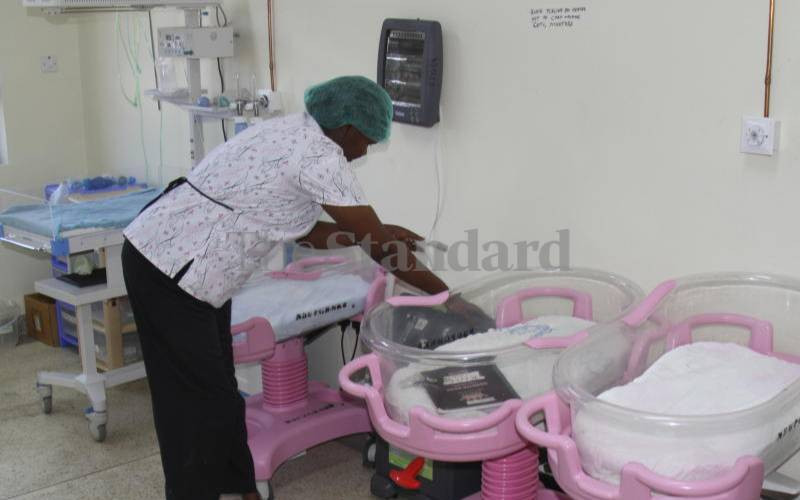×
The Standard e-Paper
Home To Bold Columnists

When Susan Akinyi was expecting her first child, she was in perfect health and was looking forward to a smooth and crisis-free delivery.
However, while going about her household chores when she was 7 months pregnant, she started experiencing sharp pains that felt like labour pains from her first birth.